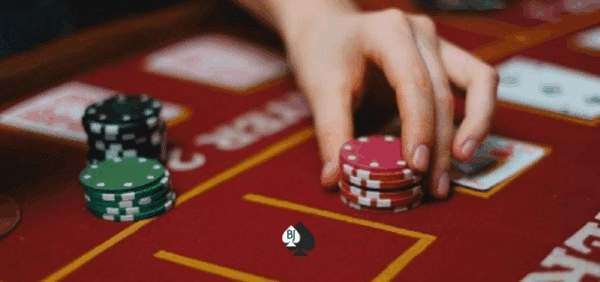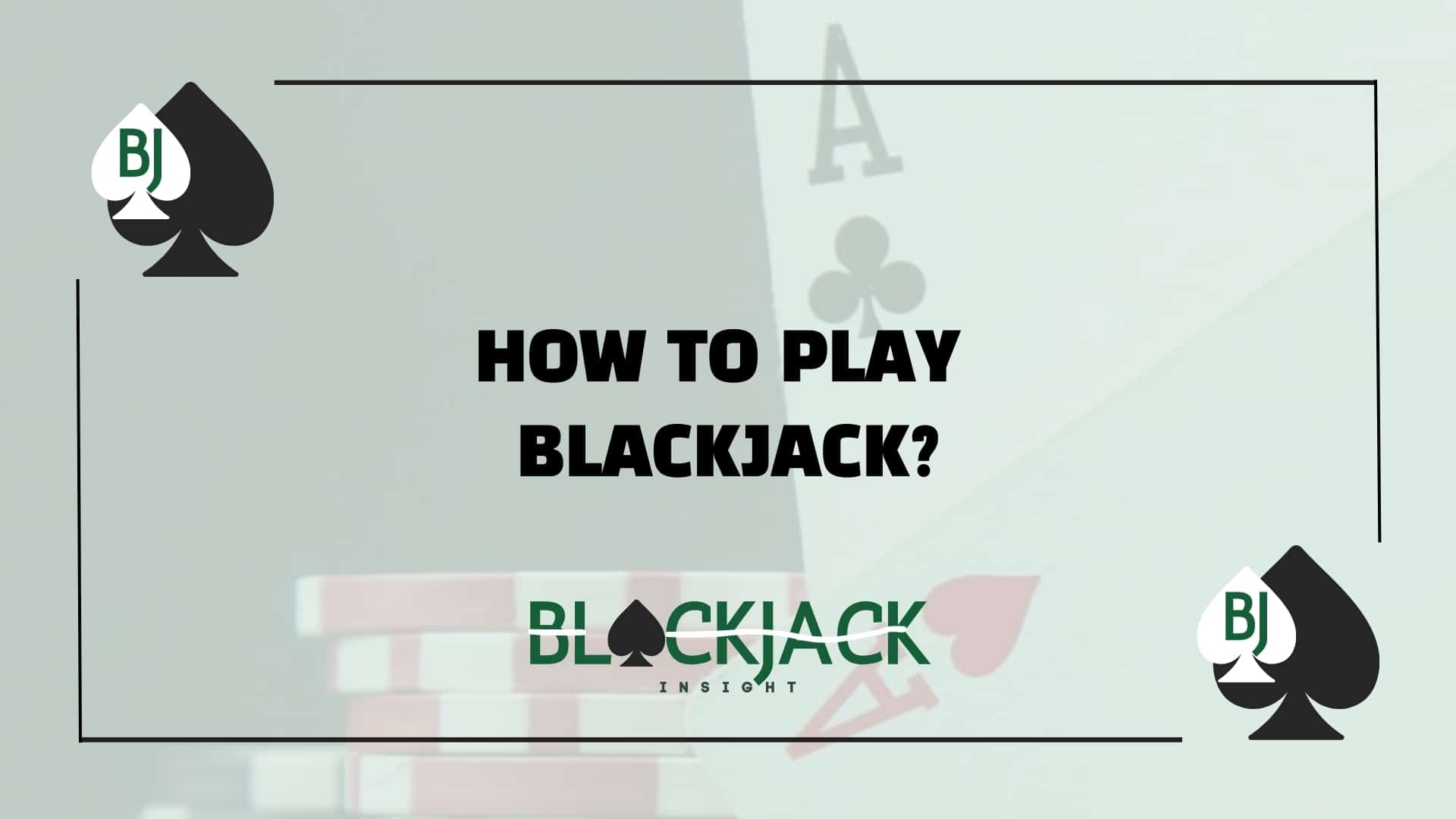How to Play Blackjack: A Step-by-Step Guide
Table Of Content
To play blackjack, your goal is to beat the dealer by getting your hand total as close to 21 as possible without going over. Each player is dealt two cards, then chooses to hit, stand, double down, split, or surrender. The dealer follows strict rules to hit until reaching at least 17. The hand closest to 21 wins.
So, you want to learn how to play blackjack. Maybe you’ve seen it in movies—some cool guy doubling down with swagger while the dealer deals one last card. Or maybe you just want to stop losing to your friend Dave every Friday night. Either way, welcome. You’re in the right place.
I’ve been around blackjack tables more times than I can count—Vegas, smoky home games, even sketchy cruise ship casinos where the “house rules” felt made up. So this isn’t going to be some boring tutorial with textbook phrases like “21 is the optimal number.” This is for beginners who want to actually understand the game and learn the blackjack basics, not just memorize charts they’ll forget under pressure.
The Basic Rules of Blackjack
At its core, blackjack is simple. You’re playing against the dealer, not the other players. Your goal? Get your hand as close to 21 as possible without going over. If your hand beats the dealer’s hand—without busting—you win.
Each card has a value:
- Number cards (2 through 10) = face value
- Face cards (Jack, Queen, King) = 10
- Aces = either 1 or 11—whichever helps your hand
These are the basic blackjack rules. Add ‘em up and hope for a strong hand.

What a Round Looks Like: Play by Play
Here’s how a round usually goes down at a blackjack table:
1. You place your bet. (That’s your commitment. No turning back.)
2. The dealer gives everyone two cards. You’ll get yours face up. The dealer gives themselves one face up, one face down.
3. You make a move:
- Hit = Take another card.
- Stand = You’re good with what you’ve got.
- Double Down = Double your bet, take one—and only one—card.
- Split = Got two cards of the same value? You can split them into two separate hands.
- Surrender = Some casinos let you fold early and take back half your bet. (Rare, but useful.)
4. The dealer reveals their hidden card and hits until they reach 17 or higher.
5. Whoever is closest to 21 without busting wins.
Simple blackjack rules, right? The trick is making the right move, not just any move.
I Know You’re Thinking It
Look, I’ve been at tables where beginners felt like deer in headlights. If that’s you—don’t sweat it. Everyone started there. If you know blackjack basics, when to hit, stand, double, or split, and avoid chasing losses… you’re already ahead of most players.
Learning overall blackjack strategy isn’t about becoming a card shark overnight. It’s about being confident, having fun, and making smart decisions. And if you get a 16 against a 10… yeah, you’re going to hate this game sometimes. But that’s blackjack.
FAQs
1. How old do you have to be to play blackjack?
In most U.S. casinos, the legal age is 21. Some places (like the UK) allow 18+, but always check local laws.
2. Can you talk to other players or ask for advice during a game?
Yes, but keep it polite and brief. Some players are happy to help, while others prefer to focus. Always be respectful of table etiquette.
3. How do you play blackjack at home with friends?
Use a standard 52-card deck, take turns being the dealer, and follow the basic rules. Keep chips or points to track wins.
4. Is it better to play blackjack at a full table or a quiet one?
Full tables slow the pace, which can help beginners think through their moves. Quieter tables are faster and better for experienced players who want more hands per hour.



